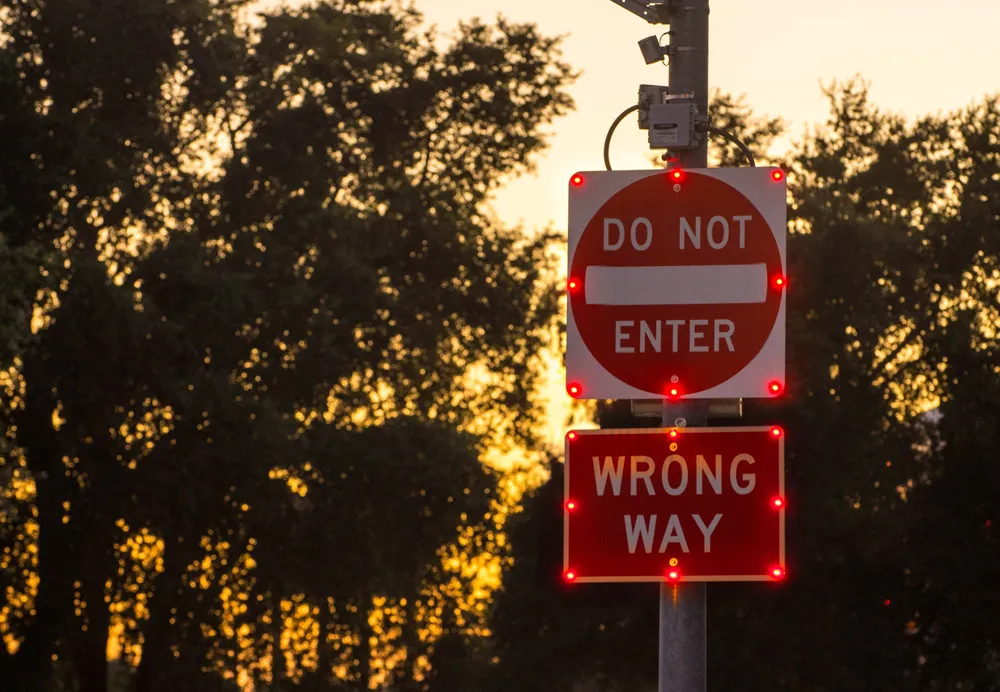According to a new survey from AAA, nearly 80 per cent of American drivers are confident in their parallel parking abilities and only one-in-four would trust this technology to park their vehicle. Despite this, AAA testing found self-parking technology outperformed unassisted drivers in four key areas.
In partnership with the Automobile Club of Southern California's Automotive Research Center, AAA tested self-parking features on five vehicles: a 2015 Lincoln MKC, a 2015 Mercedes-Benz ML400 4Matic, a 2015
September 22, 2015
Read time: 2 mins
According to a new survey from AAA, nearly 80 per cent of American drivers are confident in their parallel parking abilities and only one-in-four would trust this technology to park their vehicle. Despite this, AAA testing found self-parking technology outperformed unassisted drivers in four key areas.
In partnership with the Automobile Club of Southern California's Automotive Research Center, AAA tested self-parking features on five vehicles: a 2015 Lincoln MKC, a 2015 Mercedes-Benz ML400 4Matic, a 2015 Cadillac CTS-V Sport, a 2015 BMW i3 and a 2015 Jeep Cherokee.
Compared to drivers that manually parallel parked with the aid of a standard back-up camera, AAA found: Drivers using self-parking systems experienced 81 percent fewer curb strikes; Self-parking systems parallel parked the vehicle using 47 percent fewer manoeuvres, with some systems completing the task in as little as one manoeuvre; Self-parking systems were able to park a vehicle 10 per cent faster; Self-parking systems were able to park 37 per cent closer to the curb.
"Autonomous features, such as active park assist, are rapidly being introduced into new vehicles, yet American drivers are hesitant to let go of the wheel," said John Nielsen, AAA's managing director of Automotive Engineering and Repair. "While the vast majority of Americans say they would not trust self-parking technology, AAA found these features performed well in tests and warrants consideration of new car buyers."
"AAA's testing found that self-parking technology outperformed manual parking in number of curb strikes, number of manoeuvres, speed and accuracy," said Megan McKernan, manager of the Automobile Club of Southern California's Automotive Research Center. "While Americans report feeling confident in their parallel parking abilities, this technology proves there is room for improvement."
While the tested self-parking systems performed well and parked quicker and more accurately than an unassisted driver, the technology is not without flaws. AAA found that some systems parked the vehicles exceedingly close to the curb, leaving wheels and tires vulnerable to scratches and costly repairs.
"AAA recommends that drivers leave six-to-eight inches between the vehicle and the curb when parallel parking," warned Nielsen. "With some systems leaving as little as a half-inch buffer, AAA urges automakers to increase this distance to prevent vehicle damage."
In partnership with the Automobile Club of Southern California's Automotive Research Center, AAA tested self-parking features on five vehicles: a 2015 Lincoln MKC, a 2015 Mercedes-Benz ML400 4Matic, a 2015 Cadillac CTS-V Sport, a 2015 BMW i3 and a 2015 Jeep Cherokee.
Compared to drivers that manually parallel parked with the aid of a standard back-up camera, AAA found: Drivers using self-parking systems experienced 81 percent fewer curb strikes; Self-parking systems parallel parked the vehicle using 47 percent fewer manoeuvres, with some systems completing the task in as little as one manoeuvre; Self-parking systems were able to park a vehicle 10 per cent faster; Self-parking systems were able to park 37 per cent closer to the curb.
"Autonomous features, such as active park assist, are rapidly being introduced into new vehicles, yet American drivers are hesitant to let go of the wheel," said John Nielsen, AAA's managing director of Automotive Engineering and Repair. "While the vast majority of Americans say they would not trust self-parking technology, AAA found these features performed well in tests and warrants consideration of new car buyers."
"AAA's testing found that self-parking technology outperformed manual parking in number of curb strikes, number of manoeuvres, speed and accuracy," said Megan McKernan, manager of the Automobile Club of Southern California's Automotive Research Center. "While Americans report feeling confident in their parallel parking abilities, this technology proves there is room for improvement."
While the tested self-parking systems performed well and parked quicker and more accurately than an unassisted driver, the technology is not without flaws. AAA found that some systems parked the vehicles exceedingly close to the curb, leaving wheels and tires vulnerable to scratches and costly repairs.
"AAA recommends that drivers leave six-to-eight inches between the vehicle and the curb when parallel parking," warned Nielsen. "With some systems leaving as little as a half-inch buffer, AAA urges automakers to increase this distance to prevent vehicle damage."







